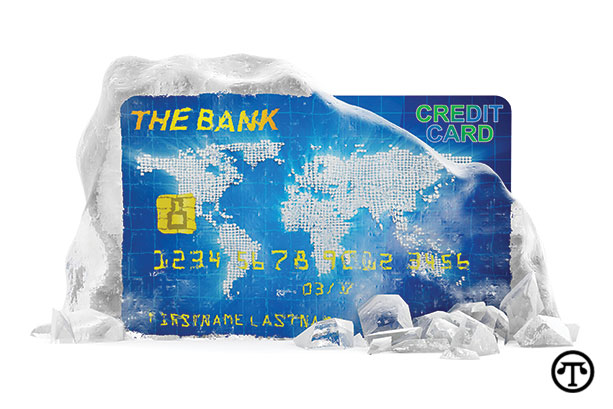
(NAPSI)—Last year saw a number of high-profile data breaches that caused major headaches for consumers, and that’s not likely to change. The Equifax data breach, for example, compromised the personal information of approximately 147.9 million Americans (basically all U.S. adults with credit reports), impacting credit scores and peace of mind. Uber’s data breach exposed the information of as many as 57 million Uber users, and the breach involving Alteryx and Experian affected more than 120 million American households, just to name a few.
Following these breaches, there’s been no shortage of advice on how consumers can safeguard their personal data, and rightfully so. Put simply, if you’re an adult with a credit report, you should be looking at ways to protect yourself. Recent breaches have exposed a host of information, including names, addresses, Social Security numbers, birth dates, driver’s license numbers and credit card numbers—all of which can be used to steal your identity and open lines of credit in your name.
Social Security numbers and credit reports are the gold standard on which financial institutions, organizations and lenders base decisions. Keeping this in mind, it’s especially important to take steps to protect yourself following large data breaches. That way, if something unexpected shows up while you’re applying for a mortgage or getting a background check for a new job, your credit report can be corrected.
If you’re concerned about identity theft following a data breach, placing a credit freeze on your report is an ideal option for protecting your information.
What is a credit freeze?
Backed by federal law (and many state laws as well), a credit freeze is the most effective solution to help combat identity theft following a security breach. A credit freeze lets you restrict access to your credit report. This makes it more difficult for thieves to open new accounts in your name.
How does it work?
To place a freeze on your credit report, you need to call each of the three credit bureaus—Equifax, Experian and TransUnion—to make the request. You’ll then get a letter from each bureau confirming the freeze and providing a personal identification number (PIN) or password. Keep these in a safe place, as you will need them to lift the freeze.
Once you freeze your credit report, no new creditors can view it unless you provide your unique PIN number. That means everyone from your landlord or employer to your new loan provider is restricted from accessing your report. It costs only $10 per credit bureau to freeze your credit report (in some states it costs even less). Perhaps best of all, you don’t have to worry about restoring access to the accounts you already trust. Current credit accounts created before the credit freeze can continue to pull credit reports as needed.
In some states, credit freezes expire after seven years. However, in most states, a freeze remains in place until the consumer asks for it to be temporarily lifted or removed altogether. A credit reporting company must lift a freeze no later than three business days after getting your request. The cost to lift a freeze varies by state.
Credit and data breaches show no signs of slowing down, but by going through the simple process of freezing your credit, you can be confident your personal information is secure.
Learn More
For more details about the benefits of freezing your credit and how it works, go to www.lexingtonlaw.com or call (855) 255-0139.
“Whenever you apply for a line of credit, you have to pay to temporarily unfreeze your report at each credit bureau. This can be costly if you are shopping around for a loan. In this scenario, a more temporary solution may need to be considered. http://bit.ly/2Gbh82Z”
